How to Journal – Easy Guide
Are you looking to get into journaling? There is a lot of information out there but this is the easy guide to how to journal. Not only will I give you quick steps to get started journaling but also you’ll get my true-to-life experiences as a lifelong journaler.
To make this even more efficient, here’s the table of contents so you can go directly to what you need. But if you just want to know how to get started journaling, I recommend clicking on “Things You Need to Start” and “How to Start Writing a Journal”.
See, very easy.
What is Journaling?
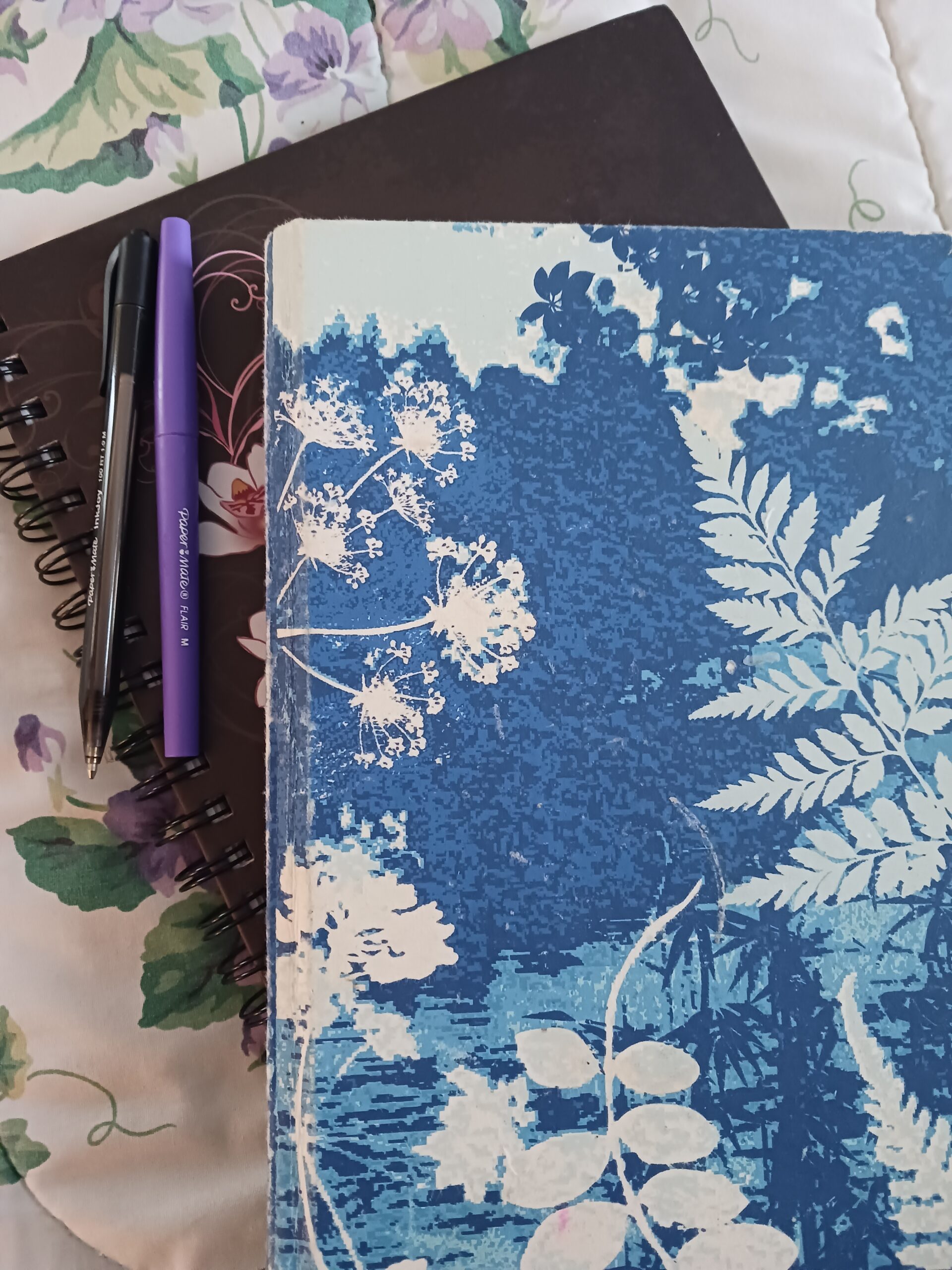
To really get in the mood (and mode) to journal, you need to know a bit about it.
In its most basic form, journaling is simply writing. This writing can come as logging information or expressing who you are and what you experience.
Journaling isn’t just for personal pastime. Journals are used in the fields of medicine, law, and science. Yep, you can even go and pick up a medical journal to study. You’ll find highly studied medical tests and their outcomes, as well as other research.
As a matter of fact, there are all kinds of historical significance to the act of journaling. When I taught a journal writing class I found there are many famous journal writers that give light on the way the world works and how we understand each other. Some famous journal writers are Anne Frank, Marie Curie, and even Leonardo Da Vinci.
And why is this important to know?
Well besides the major impact, these people have on our everyday lives, it’s interesting to note that they took time to journal.
When people journal it’s usually because they are wanting to know something more. Expressing those experiences, tests, and relationships in the form of writing allowed for two important things: an emotional outlet and solutions to problems.
Yep, if you ask me journaling is really about emotions and solutions.
Journaling for rest
Every day we are seeking solutions to our troubles. However, the majority of the day we are busy with too many tasks to find any conclusion. Through journaling, the brain is able to come to conclusions that aren’t found easily. It’s because journaling actually increases your memory and comprehension!
There are also a ton of health benefits from writing out your emotions.
As a result, the biggest benefit to gain from journaling is not ultimate peace but a respite from the daily grind of life.
If you would like to know more about how to go about journaling for rest I’ve written a post just for you.
Why do you want to Journal? What’s really going on?
We know we are seeking rest in some way, but what is your personal reason? Why are you looking to get into journaling?
In order to know how to journal well and stick with it, you need to analyze your why.
You could have a variety of reasons.
To keep secrets? Lacking friendships? Identity (self-awareness)? Memory keepsakes? Healing from pain or trauma? To vent?
I’d like to make one important note here. Ok, a long note.
A Story About Secret Journals

Having a journal to keep secrets in sounds great! I’m all for a good mystery. If you do decide to keep a secret journal remember to keep it locked and I would advise keeping it offline.
When the internet was still new and starting to be in schools and homes (yes, I’m that old haha) I was enamored with communicating online.
I decided to get into online journaling so I joined a journaling site (are those still around? Send me a message and let me know).
It was called -wait, I’m not going to put the name because I see they are still around but it’s nothing like the fun, wholesome site it used to be, sadly enough.- and at that time it was set up kind of like Facebook, except no groups just friends and journals.
These were real journals, no one was trying to get Google’s attention with keywords or fancy titles and no one was selling you weight loss smoothies (told you the Internet was new💜).
You could journal as much text as you wanted and you could customize your journal. It’s hard to describe the light-hearted nature of it all. Yet it was simple, you could find journals that were interesting and comment to your friends.
I loved it, but I was foolish.
I started journaling about people I knew, not supposing that they could ever find my PUBLIC, ONLINE journal. Even though I knew it was online I still considered it my secret journal. I laugh at myself now.
Obviously, the whole thing backfired on me and led me into a circle of trouble. So offline or online, if you are writing for your eyes only or to voice frustrations about specific people, just know someone could find out.
Find a secure way to lock it, make it private, or (I highly recommend) just get a physical journal with a lock and keep it hidden.
Types of Journals
To learn how to get into journaling you don’t need to know all of the types of journals. But depending on your why you might want to choose a specific topic or theme for your journal. Did you figure out what you want to write about? Maybe this will spark something.
Types of journals include
- Art Journal
- Dream Journal
- Goals Journal
- School Journal
- Creative Writing Journal
- Movie and Book Journal
- Bullet Journal
- Self-Discovery Journal
- Mental Health Journal
- Medical/Physical Health Journal
- Fitness Journal
- Pregnancy Journal
- Travel Journal
- Work Journal
- Food Journal
- Prayer Journal
- Gratitude Journal
- Guided Journal
- Bible Journal
Things You’ll Need to Start Journaling
As you go along, you can experiment with tools, stationary, and stickers. But here are the basic things you’ll need to start journaling: a notebook and a pen. Isn’t that easy?
A notebook, sketchbook, or a notebook that’s officially labeled as a journal (but know that it’s still just a notebook and you can use any)
For digital journaling, you will need an application on your phone or computer, or a website builder for a blog. I recommend using something simple like Google docs, Word, or a notes app like Notion.
A pen or pencil (or keyboard if you will journal online)
And that’s it!
Of course, there are lots of ways to embellish your journal and tools to use. Nevertheless, if you are a beginner getting into journaling, you need absolutely nothing else and don’t let anyone convince you otherwise.
How to Start Writing a Journal

So here’s how to start a journal.
Start by writing the date. It’s not necessary but it’s a good way to keep track of entries. You can also write your location while you think of what to do next. Also, as part of your introduction, you can write:
| Dear Journal Dear Diary Dear Self Dear Future Self | |
But, again, none of that is necessary. This is for the person who is having trouble starting a journal. If you have tried writing before and you just don’t know how to journal, you can use one of these techniques to get going:
One word journal
One sentence
Five sentences
Five-minute journal
Any of these methods work if you just sit down and write the first thing that comes in your mind, then the second and third until you complete the length or set time.
Writer’s block
Writer’s block is a term that means you just don’t know what to write at all. It usually refers to someone who is ready and is wanting to write but nothing reasonable comes to mind.
You hear this term a lot in the book-writing world, but it applies to any type of writing. There are
a few things that will help you get through writer’s block.
Writing prompts
Writing prompts are the easiest way how to get into journaling. The prompts are either questions or statements that spark your mind and get you thinking.
It’s a sure way to get out of writer’s block and to get writing if you are new to this. I have a ton of prompts for beginners right here on the blog.
Here are some easy prompts to get started right now.
- Right now, I feel…
- Currently, I am …
- I am angry about…
Journaling Ideas
Your journal can be used in a number of ways. Even after journaling for years, I still sometimes look for new ideas. Some ideas are:
- Drawing
- Writing lists
- Writing your to-dos
- Writing your favorite words
- Writing about your favorite things
- Writing questions that you would like the answer to
- Brain dumping
Creating a Routine
Sometimes the problem with getting started is not having a regular time. I know if I don’t have a specific schedule for doing things I can easily forget. Probably why my journaling is 2-3 times a week then I don’t journal for a month.
Hey, it’s just the truth.
However, if you are just getting into journaling and having trouble, you can create a routine.
Add your journaling time to another routine, like your morning routine. You can write a morning journal or do morning pages. You can add it to your evening routine for night-time journaling.
A part of your routine can be candles, a cozy chair, coffee or tea. Equally, it can be at a desk, briefly, during a lunch break.
These are just some ideas to break through the barrier to getting started journaling.
Journaling Tips for Beginners
Here are some other tips to help you ditch the lies around how to journal.

- There are no rules
There are no limits
Make lists
Make memories
Re-read old entries or NOT!
If you can’t write, draw
If you can’t draw, write
Plain is fine
Just start
Next Steps
Journaling really enriches our lives because it’s all about us. That, in and of itself, can also be the very reason it’s hard to start. For this reason, I created this super simple one-page guide.
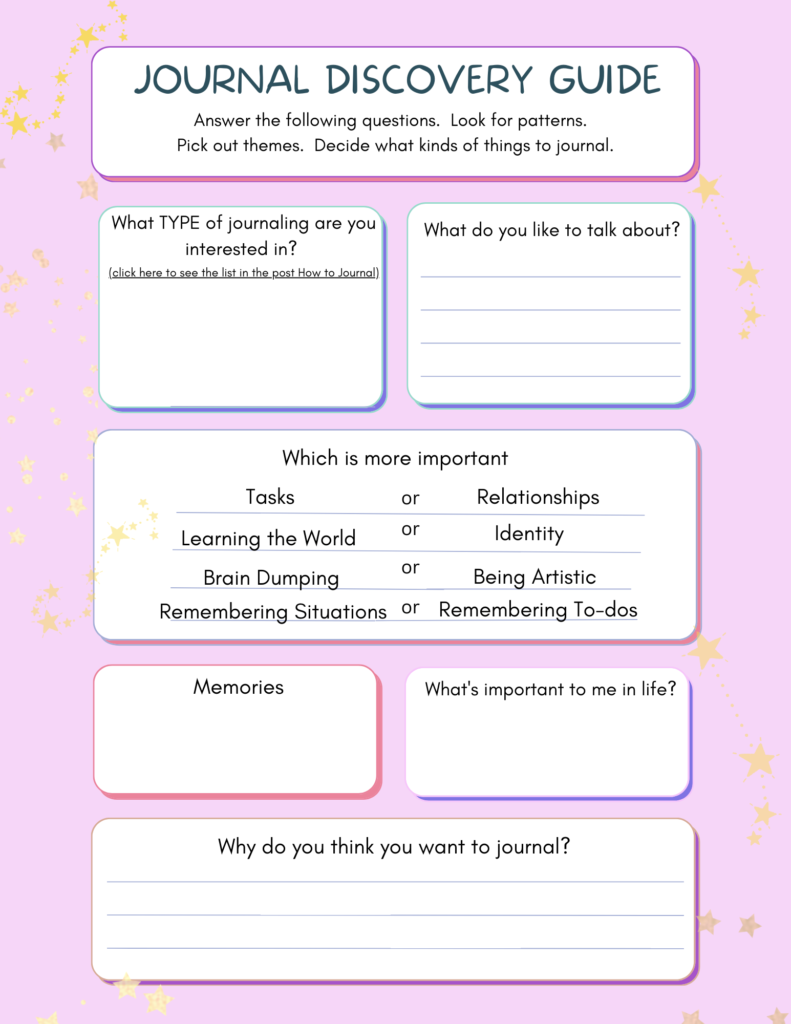
This instantly downloadable guide (no email required) will help you discover what kinds of things you can put in a journal.



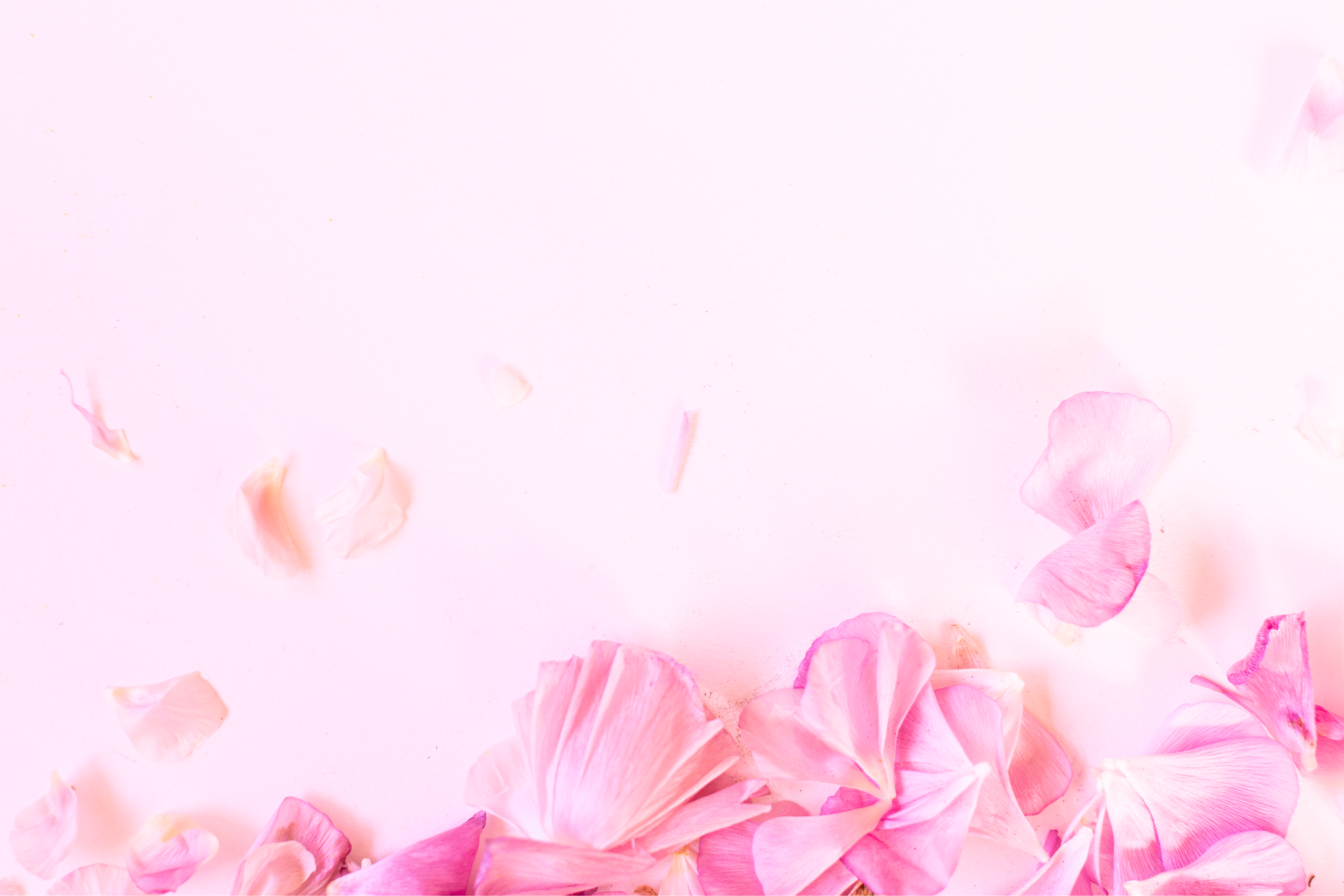
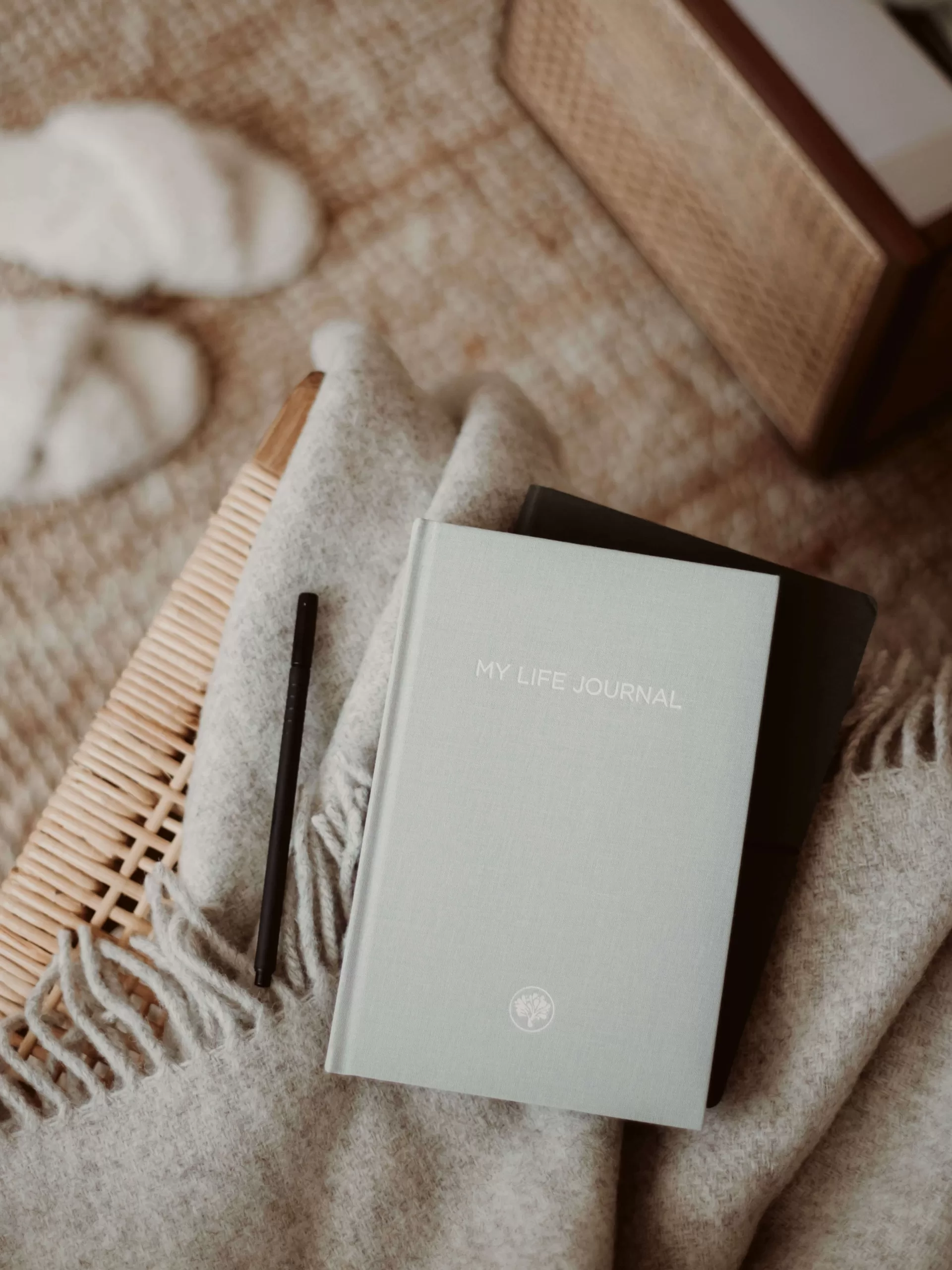
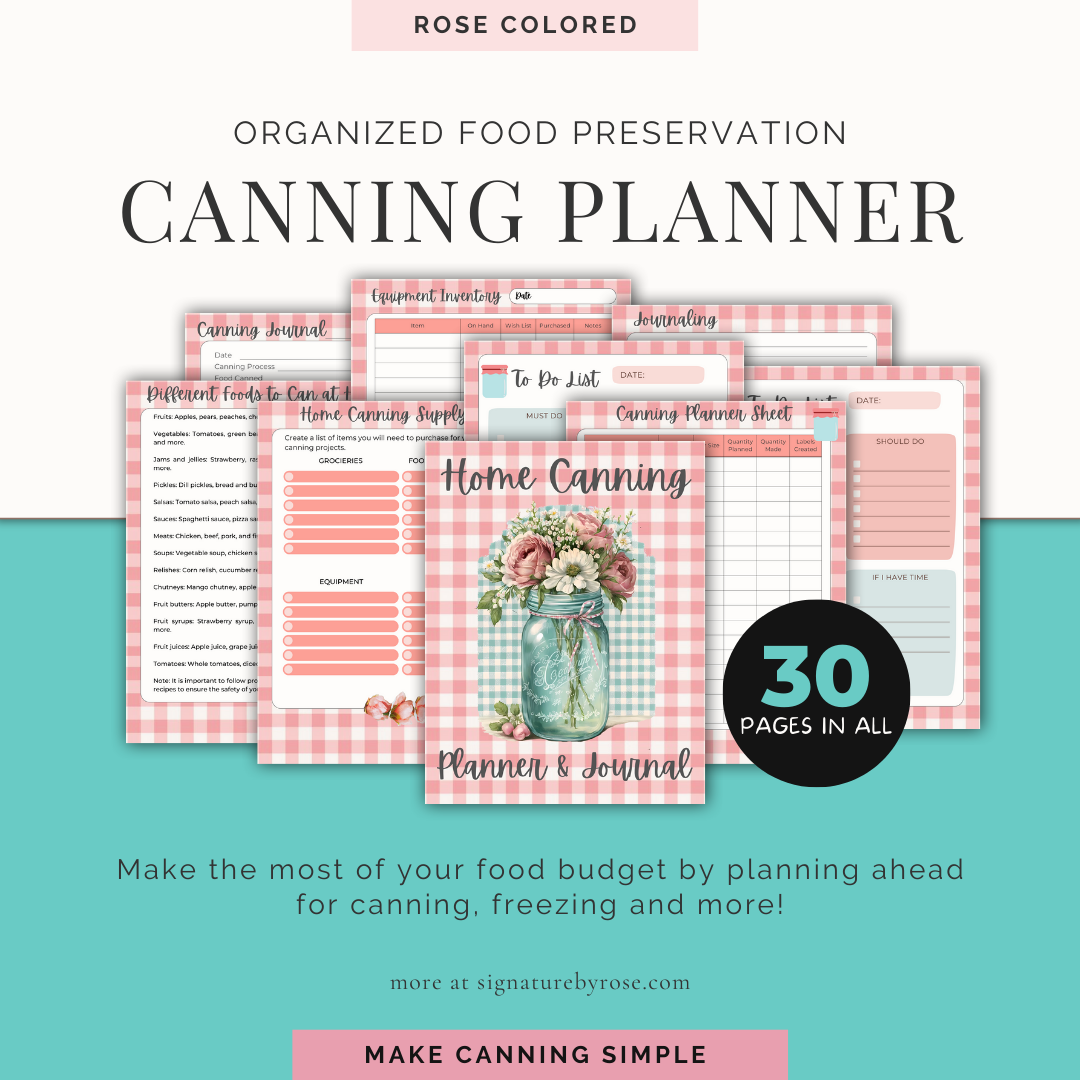

Such an informative post on journaling, i like to journal for my anxiety personally.
thanks Tianna. Yes journaling is great for anxiety